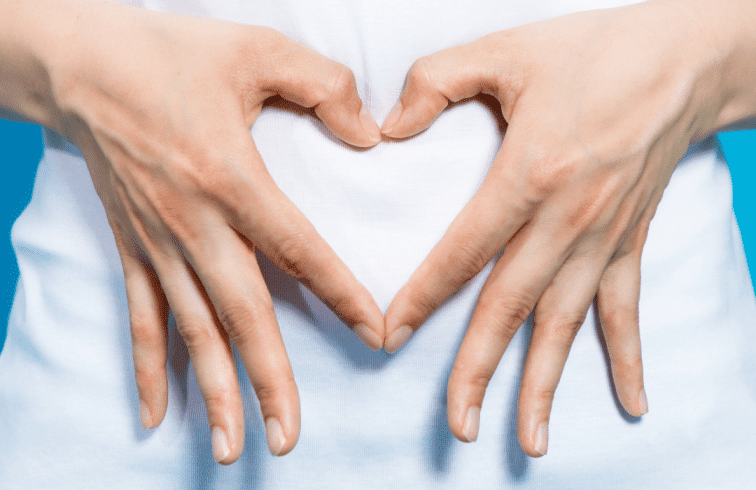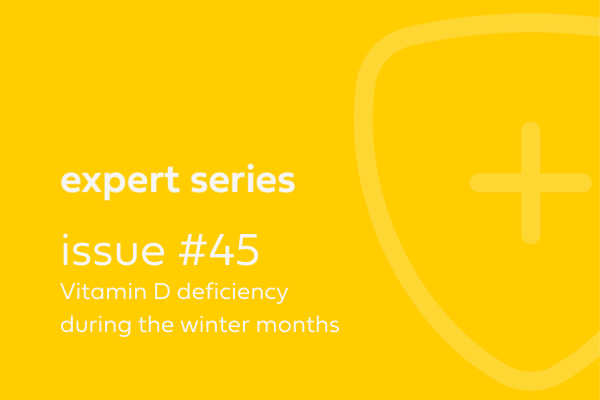
We’ve all been there. The butterflies that once hung dormant and cocooned burst into a flurry of wings, heart racing and palms sweating. But what exactly is it about the first glimmer of love that makes us feel this way? Well, as it turns out, it’s actually the first glimmer of attraction and lust, mixed with a whole host of nerves.
When we see the person we’re attracted to, the reward centres in the basal ganglia – a bundle of nuclei in the brain – are activated and an immediate physical reaction, like the one described above, takes place. Dopamine, a feel good hormone said to have euphoric effects similar to that of cocaine, gets released. If you pair this with the physical changes you experience, such as increased heart rate and blood pressure, you can see how it may be a bit overwhelming.
Although we’re not in danger, many of these giddy bodily feelings are the same feelings we get when fight or flight kicks in. This is due to the cortisol (the primary stress hormone) being produced by our bodies to counteract the increase in dopamine as well as the racing heart, and so on. There’s always a risk of rejection when we’re attracted to someone and this can spur on the fight or flight hormones as well, including adrenaline and norepinephrine.
With all of this going on, the vagus nerve (the gut brain axis) is activated and our stomach muscles can become tight and sensitive. The butterflies in your stomach are your body’s way of screaming, “This is stressful but I’m motivated to take the risk”.
It’s a bit of a roller coster and it may continue this way for a while. This is because the increase in cortisol triggers a drop in serotonin levels, a hormone that is important for regulating sleep, appetite and good judgement. We all know someone that’s been swept up in that love sick infatuation, it maybe even have been yourself once or twice. It’s fine, your body’s hormones are just all over the place, it’s a wild phase in the relationship that some may wish to call the honeymoon phase but, rest assured, it will gently fizzle out within a year or two. Meh.
That doesn’t mean love is lost, it’s just transformed. Once you start to feel secure and comfortable with your partner, your hormones relax and a long lasting bond and attachment start to form. This is where oxytocin and vasopressin come into play, these are the hormones that help us form bonds and not just on a romantic level but on a friendship and family level too. For example, oxytocin is not only released during sex but also while breastfeeding and childbirth.
With all of this being said, love is a very complex emotion and not only is it hard to reduce it down to nothing but science, it also takes away whimsy of it. So, now that you know a little more about what’s going on inside, just buckle up and enjoy the ride. Good luck!
Last but not least to show our affections for you this Valentine’s Day, we’re giving you special discount on the perfect pair. Shop our dual packs and get 15% off with code MATCH15 until midnight 14/02.
